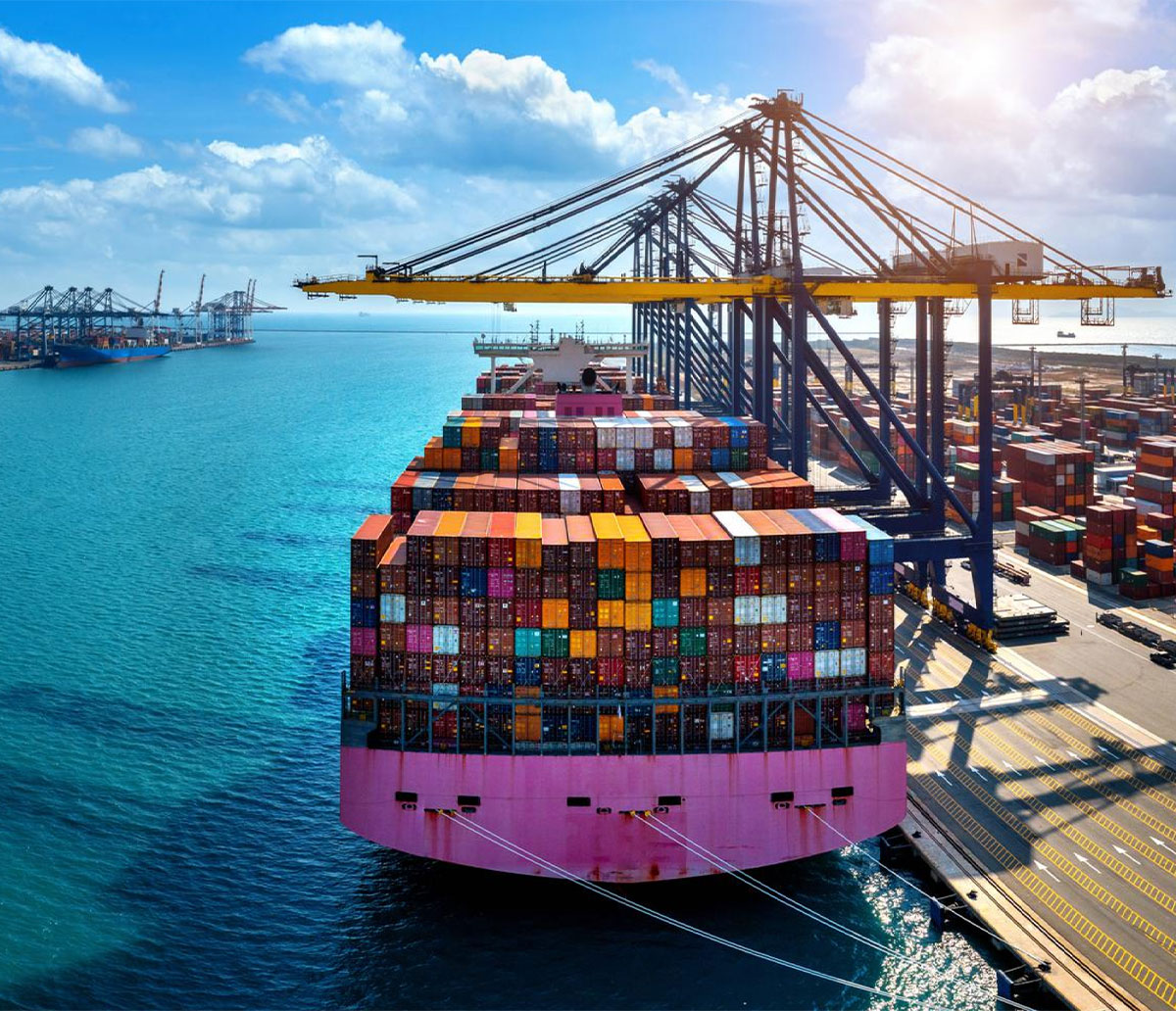
The logistics industry has always been about speed, reliability, and efficiency. But in recent years, technology has completely transformed how logistics companies operate. From digital tracking to AI-driven route optimization, technology has become the key driver of efficiency in logistics.
Major Technological Advancements
- Real-Time Tracking
GPS-enabled tracking systems allow businesses and customers to monitor shipments in real-time, improving transparency and trust. - Automation in Warehousing
Smart warehouses now use robotics and automated sorting systems to reduce human error and increase processing speed. - Artificial Intelligence (AI) & Big Data
AI helps in predicting demand, planning routes, and optimizing loads, saving both time and costs. - Blockchain in Logistics
Blockchain ensures data security in supply chains by preventing tampering with shipping records and transactions.
Impact on Businesses
For Pakistani exporters and importers, these technologies mean faster deliveries, fewer delays, and better cost management. E-commerce companies also benefit from real-time tracking, ensuring customers remain updated about their orders.
Conclusion
Technology has transformed logistics from a traditional industry into a modern, data-driven sector. Businesses that embrace these innovations will be more competitive, efficient, and customer-friendly.
Blog 4: Common Challenges in International Shipping and How to Overcome Them
Introduction
International shipping is one of the most complex aspects of logistics. While it connects businesses with global markets, it also comes with challenges such as customs regulations, high costs, delays, and documentation errors. Understanding these challenges and planning ahead can save businesses time, money, and frustration.
Major Challenges
- Customs Delays – Incorrect paperwork or lack of compliance with regulations often results in delays at ports.
- High Freight Costs – Rising fuel prices and surcharges make international shipping expensive.
- Cargo Damage – Poor packaging or mishandling during transit can lead to damaged goods.
- Regulatory Compliance – Different countries have unique rules and standards that businesses must follow.
How to Overcome Them
- Hire a Professional Freight Forwarder – They ensure documentation is complete and accurate.
- Use Cargo Insurance – Protects businesses from unexpected financial losses.
- Invest in Packaging – Strong, industry-approved packaging reduces risks of damage.
- Plan Ahead – Early booking and route planning reduce costs and delays.
Example
Pakistani fruit exporters face strict regulations when shipping to Europe and the Middle East. Without proper cold-chain logistics and accurate documentation, shipments can get rejected at customs. Professional handling avoids such costly mistakes.
Conclusion
International shipping challenges are unavoidable, but with the right strategies and partners, businesses can overcome them. Planning, compliance, and professional support are the keys to smooth and successful global trade.

